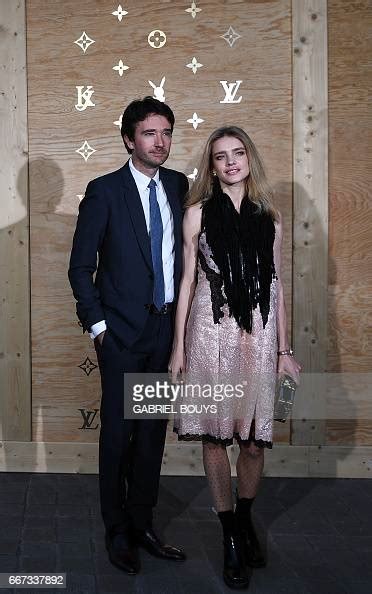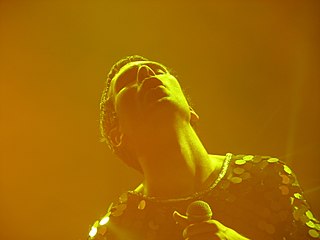A Quote by Trevor Paglen
Technologically, it is not hard to launch an object into space. Emotionally, it has been difficult.
Related Quotes
The United States, Russia, and China are the only three countries in the world that can launch astronauts into space. Mostly in the U.S. you see some companies trying to launch private commercial people into space, but nobody's done it yet. The only private vehicle that's made it into space so far is Spaceship 1 in 2004, and that was an effort that was funded by one of the Microsoft founders, and he spent about $20 million to develop this spacecraft to do a sub-orbital flight. And it's not the same as going into orbit, but it was a huge first step.
Object in/ and space - the first impulse may be to give the object - a position - to place the object. (The object had a position to begin with.) Next - to change the position of the object. - Rauschenberg's early sculptures - A board with some rocks on it. The rocks can be anywhere on the board. - Cage's Japanese rock garden - The rocks can be anywhere (within the garden).
The idea of, say, the compressed space between the floor and the object hanging over it and then the long space between the object and the ceiling was a kind of interesting idea for me - the idea of compressing and expanding. That was an idea that I worked with, which you could only do sculpturally. You can't really do with a painting on the wall.
I was only in second grade when the Russian Cosmonaut Yuri Gagarin became the first man in space. The night of his launch - April 12, 1961 - I went out onto the front porch and stared up at the stars, trying to see his capsule passing overhead. Like millions of others, I was enthralled by the idea of space exploration and have been ever since.







































